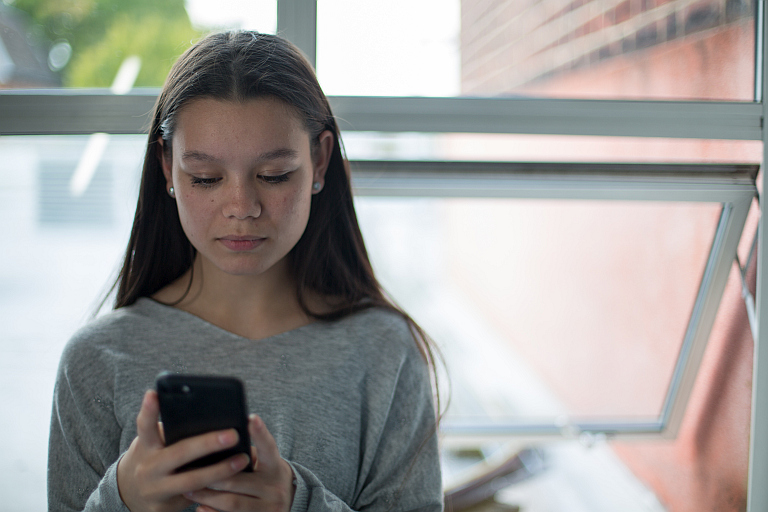Five Ways to Wellbeing – Tips for Young People: Connect
31/03/2020

Each week our schools’ mental health practitioners will look at one of the ‘Five ways to wellbeing’ (Connect, Be Active, Try Something New, Give and Take Notice). Having a good balance in these five areas of your life has been proven to increase people’s health and happiness. This week we will look at:
Connect
Being ‘Connected’ is about building and keeping up relationships with other people, especially the ones that you love and care about (for example your friends, family or partner).
Connecting with other people is really important for everyone because it helps us:
- Build self-esteem
- Feel like we belong
- Share positive experiences
- Get emotional support when needed
Loneliness
Many people who do not feel connected to other people might feel lonely. When we feel lonely, it is especially important that we try to build connections with others.
Suggested activity: Watch this video from Childline about loneliness and see what suggestions they have to help with these feelings.
Who to connect with?
Although it may not feel like it, there are lots of people in your life that you connect with and can reach out to for support.
Suggested activity: Take a minute to name all the people you see or speak to in a normal week (from the postman to your parents, there will be loads). Next, pick out the ones who help you the most and the ones who make you smile – perhaps your friends, youth group leader, or grandparent? Now remember these people, as connecting with them is important to your happiness and health.
Ways to connect with people
It can be hard to connect with people if we are physically apart, but there are still ways to connect and the pandemic definitely made it more common to speak with people online rather than in-person.
Suggested activity: Make a list of all the ways you can think of to connect with people without seeing them face-to-face….be creative!
(Some ideas could be: write a letter, draw a picture for someone or send a voice recording).
Each day, whether it be an hour-long phone call or sending some memes, try to reach out to people and talk, but also be there to listen to others.
Suggested activity: Why don’t you teach your loved ones some new ways of connecting (for example, teaching an elderly relative to use FaceTime or Zoom?), or ask them what their favourite way of connecting is? So you can help others stay better connected with you.
Use connection to help you through difficult times
Ask for help
It is okay to not feel okay. Note down three people that you can call if you ever feel lonely or upset.
Focus on the positives
Sometimes bad or sad things happen that we cannot control or change. These things can make us feel worried or annoyed. To help yourself feel better and more in control, focus on the things you can change. For example, how could you make someone’s day better? Could you make them a gift or call to check how they are?
More to do:
Keep on finding creative ways to connect with the people you care about over the next few weeks. Some ideas might include:
· Playlist of connections
Contact your friends and family and make a playlist of everyone’s favourite songs.
· Rebuild old connections
Connect with someone you have not spoken to in a while, maybe a friend from primary school or a family member who lives far away?
· Replace your ‘playdate’ with a ‘staydate’
Instead of going out with your friends, why not invite them into your home using technology? Using video call is a great way to be creative and try things such as cooking, dancing, playing a game or watching TV together, but apart!
Have a look at these links for more information:
Some inspiring talks from professionals on the power of connection
To download the leaflet version of this information please click here
